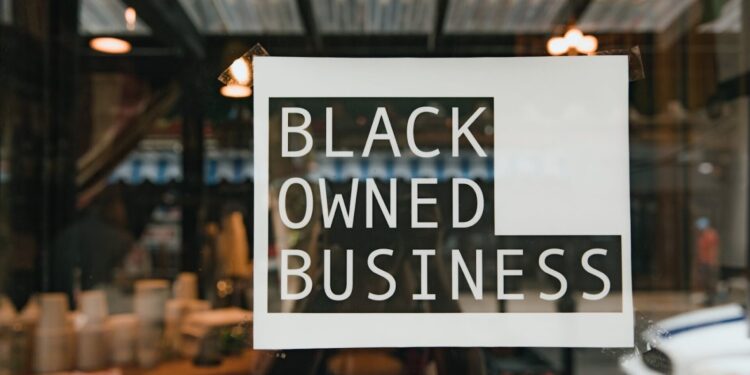Img source: www.blackenterprise.com
May 27, 2024 Story by: Editor
Black entrepreneurs in the United States face ongoing challenges despite the growth of Black-owned businesses in recent years. While Black Americans represent nearly 14 percent of the population, they only own about 3 percent of the nation’s businesses. In stark contrast, White entrepreneurs possess 85 percent of businesses, despite comprising around 60 percent of the population.
However, there has been an upward trend in Black-owned businesses, accompanied by increased revenue, according to a Pew Research Center analysis. As of 2021, there were 161,031 Black-owned businesses in the U.S., up from 124,004 in 2017. During this period, revenue generated by Black business owners rose from nearly $127.9 billion to $183.3 billion, marking a 43 percent increase.
Anne-Marie Knight, executive director of the Black Business Alliance (BBA), acknowledges this progress but emphasizes its limitations. “The state of Black business is fluctuating,” she stated. “While there has been growth, particularly in Black woman-owned businesses, we still face challenges in certain areas.”
Leading the BBA since 2020, Knight brings a wealth of experience in consulting and entrepreneurship to the Connecticut-based organization. The BBA aims to empower, promote, and nurture small and medium Black-owned businesses by offering education, funding, and capacity-building support.
Despite the growth, Knight highlights the concentration of Black businesses in service sectors like salons, retail, and restaurants, which may not yield substantial wealth. She notes that although companies have made promises to address racial equity and bridge the wealth gap, access to funding remains limited.
Knight encourages the Black community to prioritize supporting businesses within their community, viewing each other as allies rather than competitors. “We can agree to network amongst ourselves, support each other, build our businesses by doing business with each other first and spend our money with Black-owned businesses first,” she emphasized.
Entrepreneurship is seen as a crucial pathway to wealth creation and community impact for Black individuals. Knight believes that fostering stable and growing Black-owned businesses is essential for addressing the racial wealth gap. “If we’re going to close that gap, we have to increase not just the number of Black-owned businesses but their capacity to grow six- to seven-figure businesses in their communities,” she concluded. Source: AFRO

















